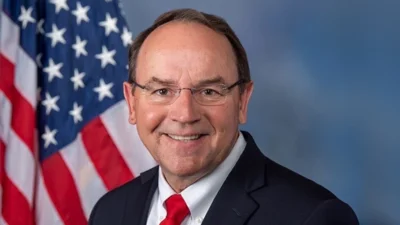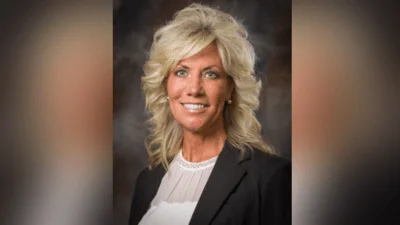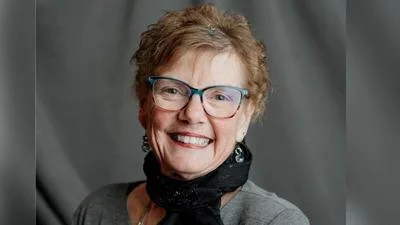Patrick Snyder, Wisconsin State Representative for 85th District | Facebook
Patrick Snyder, Wisconsin State Representative for 85th District | Facebook
According to the Wisconsin State Legislature's official website, the bill was described as follows: "a virtual reality technology pilot program for school districts. (FE)".
The following is our breakdown, based on the actual bill text, and may include interpretation to clarify its provisions.
In essence, this bill mandates the Department of Public Instruction to implement a pilot program to introduce a virtual reality (VR) technology program across three selected school districts in Wisconsin—one rural, one suburban, and one urban. The chosen entity will provide VR technology to at least 16,000 students and supply no fewer than 3,200 VR headsets. The program's curricula must align with the state's academic standards for math and science for grades 6-12, showing improvements in Algebra 1 assessments through research-verified methods. Additionally, it offers real-world problem immersion, career relevance, and multimodal learning experiences focusing on STEM education. The Department will provide math instructors with classroom-based coaching and training on leveraging VR tools effectively. Monthly reports on program implementation and progress will be submitted to legislative education committees.
The bill was co-authored by Sen. Dan Feyen (Republican-20th District), Rep. Rob Kreibich (Republican-28th District), and Rep. Jerry L. O'Connor (Republican-60th District).
Patrick Snyder has authored or co-authored another 47 bills since the beginning of the 2025 session, with one of them being enacted.
Snyder graduated from the University of Iowa in 1978 with a BA.
Snyder, a Republican, was elected to the Wisconsin State Assembly in 2017 to represent the state's 85th Assembly district, replacing previous state representative Dave Heaton.
In Wisconsin, the legislative process starts when a senator, constituent, group, or agency proposes an idea for a bill. After drafting, the bill is introduced, numbered, and referred to a committee for review and public input. If approved, it moves through three readings and votes in both the Senate and Assembly. Once both chambers pass the same version, the bill goes to the governor, who can sign it, veto it, or let it become law without a signature. Only a small share of bills introduced each session ultimately become law. You can learn more about the Wisconsin legislative process here.
| Bill Number | Date Introduced | Short Description |
|---|---|---|
| AB364 | 07/17/2025 | A virtual reality technology pilot program for school districts. (FE) |
| AB347 | 07/08/2025 | Fees charged for certain coroner or medical examiner services. (FE) |
| AB247 | 05/08/2025 | Local building permit fees for certain improvements of residences of disabled veterans. (FE) |
| AB233 | 05/02/2025 | Grants to child advocacy centers. (FE) |
| AB201 | 04/16/2025 | Extortion, sexual extortion, and providing a penalty |
| AB193 | 04/15/2025 | Ratification of the Respiratory Care Interstate Compact. (FE) |
| AB164 | 04/08/2025 | Various changes to the unemployment insurance law and federal Reemployment Services and Eligibility Assessment grants. (FE) |
| AB156 | 04/02/2025 | Requiring child sexual abuse prevention education. (FE) |
| AB141 | 03/17/2025 | Provisional social worker certificates and licenses |
| AB97 | 02/28/2025 | Extension of eligibility under the Medical Assistance program for postpartum women. (FE) |
| AB27 | 02/17/2025 | Expanding veterans benefits to individuals who served in Laos in support of the United States during the Vietnam War |
| AB23 | 02/07/2025 | Establishment of a Palliative Care Council. (FE) |





 Alerts Sign-up
Alerts Sign-up